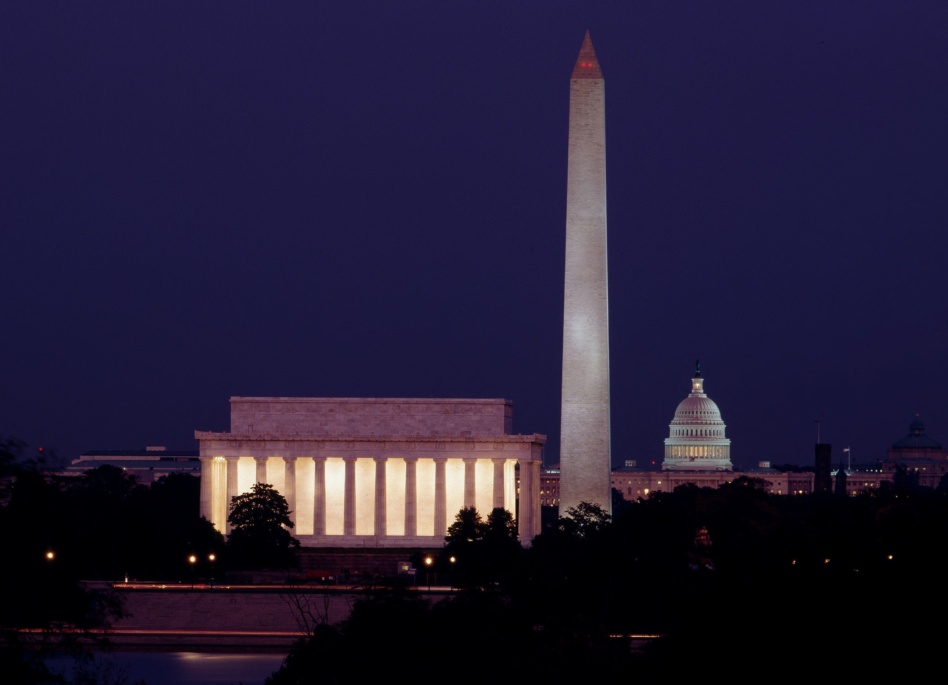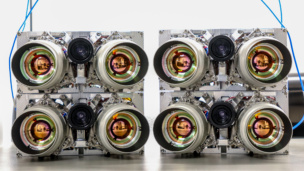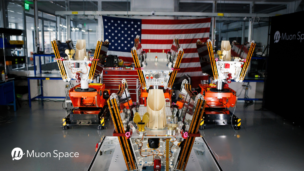A new entity is trying to bridge the language gap between space startup execs and policymakers.
Station DC, a non-profit tech incubator in DC’s Union Market neighborhood, opened its doors last month just before the US government shutdown. Its mission is simple: Connect policymakers and builders in the same room to shape the future of American technology competitiveness, especially in the space industry.
Challenges in DC: “Policymakers on the Hill, and space startups, from Chantilly, Colorado, Alabama, and elsewhere speak in different languages”, said Zachary Kirstein, head of growth at Northwood Space. Kirstein added that his company has struggled to fully communicate ground infrastructure to Congressional staffers in 10-15 minute Hill meetings.
Staffers generally only look one or two budget cycles ahead—which leads to an obvious disconnect when talking about space tech with long horizons.
“If you pitch staffers a space technology that becomes operational in a five-to-10-year timeframe, they do not really engage with startups,” Michael Mealling, a general partner at Starbridge VC, told Payload.
What Station DC provides: Station DC plans to address these challenges by hosting curated events, policy dinners, and roundtables to make meeting military leaders and Hill staffers financially and socially easier for space startups—in a bid to level the playing field against aerospace and defense primes with an established presence in DC.
- Tom Mancinelli, the head of federal strategy and policy at Antares, told Payload that Station DC events allowed him to meet other space companies and learn from them about their processes in systems engineering, payload launches, and other areas of shared concern.
- Instead of fast-paced, unfocused Hill meetings, Varda Space Industries has been able to meet with members of the House Armed Services Committee, DoD employees, and think tank experts in high-quality, national-security-focused policy discussions, said Josh Martin, the company’s VP of government affairs.
Building the Future: Space startups and Station DC share the same goal: bring more innovative space companies to DC so the United States leads in space exploration.
“DC has always been where American power converges. Founders of the next SpaceX or Palantir should be able to walk into a room here and find people who get it,” Station DC Executive Director James Barlia told Payload. “It’s not about bringing Silicon Valley to DC, but about building something entirely new—one that feels deeply American, and unmistakably possible.”





